|
But not everyone was able to leave when the war first started, some had to stay, others lacked the means or resources to make the journey out of Ukraine. More than a year since the conflict first started, Ukrainians are still crossing the borders every day, escaping the war and looking for safety. These are the families with greater needs, and less resources. We spoke to four families who have recently left Ukraine, and have been supported by the Speranta centre (the transit centre we support in Moldova). Every family tells a different story, but the personalised approach and flexible response from Lucia and the team in Moldova has ensured that they are ready and fully supported for the next leg of their journeys. SPERANTA ACCEPT EVERYONEDirector of the Speranta Centre Lucia Gavrilita told us, “Since the war in Ukraine began, not a single day has been the same at the Speranta Centre. Lately the services are much more organised and qualitative. We are working as part of a volunteer network, made up of several specialised organisations supporting Ukrainian refugee families.” Vasile, his wife Natalia and son left Ukraine when the conflict reached their village and their house in Nicolayev was destroyed. The family lost everything. Unable to stay in Ukraine any longer they travelled to Moldova and were put in touch with the Speranta Centre as it is the only transit centre that has the facilities to accept men. Single father Yuri left Ukraine to keep his son safe but his parents remain in the country. At the Speranta centre, they are safe from the conflict but remain close to Ukraine and their family. Many families arriving at the Speranta Centre now have complex health needs. The centre has strong contacts with local hospitals and is able to quickly and efficiently help refugees access the medical assistance and support they need. Lucia said, “Some Ukrainian families are planning to travel further into Europe and need a few days of accommodation, others arrive from other centres for medical treatments because the Speranta Centre is located close to a large hospital. The Speranta Centre is also the only centre that can accommodate wheelchair users.” Anya arrived at the Speranta centre with her 10 year old son and 1 year old daughter. Anya’s daughter was born prematurely and was in an incubator in an intensive care unit in Ukraine when the war started. As the conflict intensified, the hospital moved underground to keep their patients safe. Anya and her family spent six months living underground before her daughter was strong enough to leave the country and start their onward journey. Natalia and Vasile’s story
We tried to stay at the bomb shelter as long as we could, but it was very cold there and there could be 7 to 8 alarms everyday, at any time - day or night. It was very scary to be in the house during shelling. The walls were trembling, plaster was falling on our heads. Our son, Alidar, was very scared, our village was destroyed and we had no other option but to leave Ukraine, crossing the border into Moldova.
When we arrived at the Speranta centre we were received very well, we were given food and provided with everything we needed. Finally, we were able to sleep normally. Alidar was safe. The team at the Speranta centre helped us to find jobs. We are very grateful to them for their kindness and compassion, the Speranta centre has become a second home for us." INDIVIDUAL CIRCUMSTANCES REQUIRE INDIVIDUAL SOLUTIONSWithout the resources to leave, Valeria and Yurii had no choice but to stay in Ukraine with their two young daughters. The family, who are from the Odessa region, said that they didn’t feel safe in Ukraine, the war was all around them, helicopters regularly flew low above their house and there was an explosion at an nearby electrical station. There were no jobs and it became harder and harder to get hold of vital supplies, including formula milk for their baby daughter. They used their last 50 euros to leave the country. They were welcomed at the Speranta Centre, and Lucia did extensive research to locate the exact milk that they needed for their daughter. Lucia said “Because of the flexibility of the funds from Children on the Edge, we are able to respond to each individual need. If we need special food for children, we go to look for it or sometimes order it online from abroad, even if it is not available in the stores in our country. We’ve had families with children with severe disabilities who needed orthopaedic supports and specific equipment and we’ve made all the necessary connections to meet their needs and help them.” Vasile and Natalia have decided to stay in Moldova longer term. They have been supported by the team at the centre to find jobs so that they are able to save and find an apartment to rent. BUILDING RELATIONSHIPS AND CONTINUED SUPPORT
LESS HELP AVAILABLE FOR REFUGEES15 months after the war first started, the situation for Ukrainian refugees crossing the borders is now very different. In Moldova, all of the government reception centres at the border have now closed, and the EU financial support has suddenly stopped. When refugees first arrived, there was frequent free transportation to help them continue onto Europe, but this support is winding down as countries close their reception centres and change the levels of support they’re providing. Children on the Edge are working with our local partners in Moldova and Romania, providing vital services for Ukrainian refugee families, in safe spaces, with trained professionals. Thanks to the kindness and generosity of our supporters, funders and local businesses, we will continue to adapt our response as the situation changes, always ensuring help for those that are most on the edge. Support us
0 Comments
Your comment will be posted after it is approved.
Leave a Reply. |
RECEIVE OUR EMAILSBlog Categories
All
Archives
July 2024
|
|
JOIN US ON SOCIAL MEDIA
|
Annual Report | Contact Us | Jobs | Media Centre | Resources | Shop
Accessibility & Policies: Accessibility | Equity, Diversity & Inclusion Policy | Complaints| Privacy Policy | Safeguarding
Accessibility & Policies: Accessibility | Equity, Diversity & Inclusion Policy | Complaints| Privacy Policy | Safeguarding
Children on the Edge, 5 The Victoria, 25 St Pancras, Chichester, West Sussex, PO19 7LT, UK | 01243 538530 | [email protected]


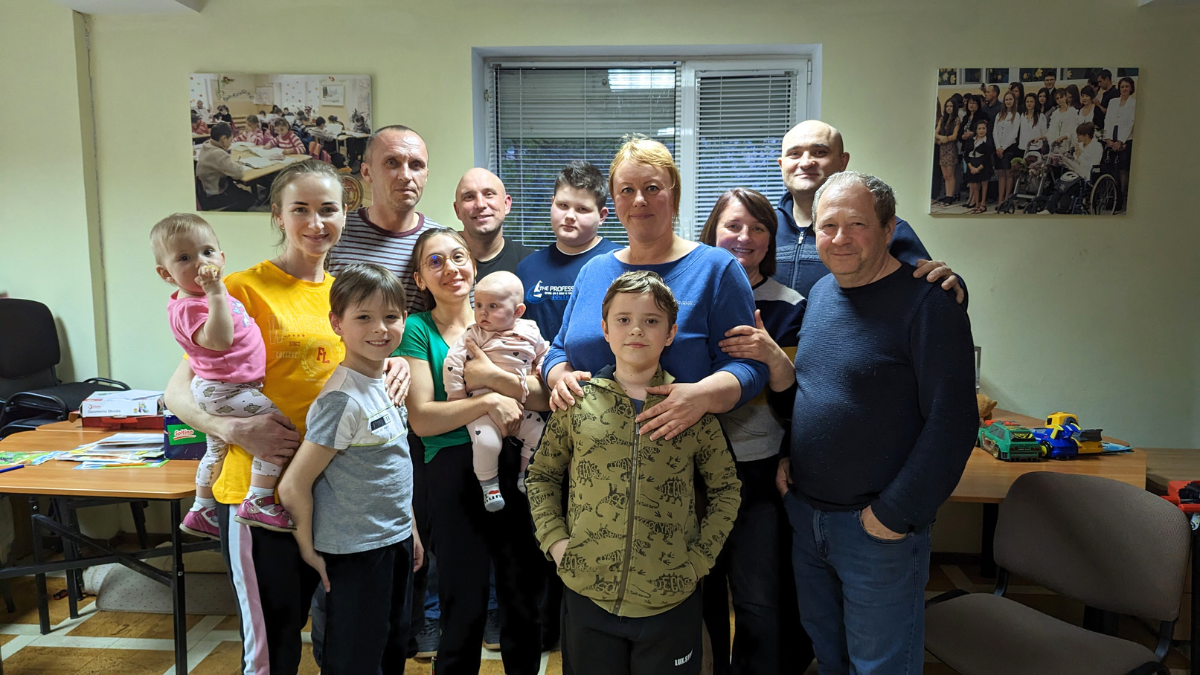
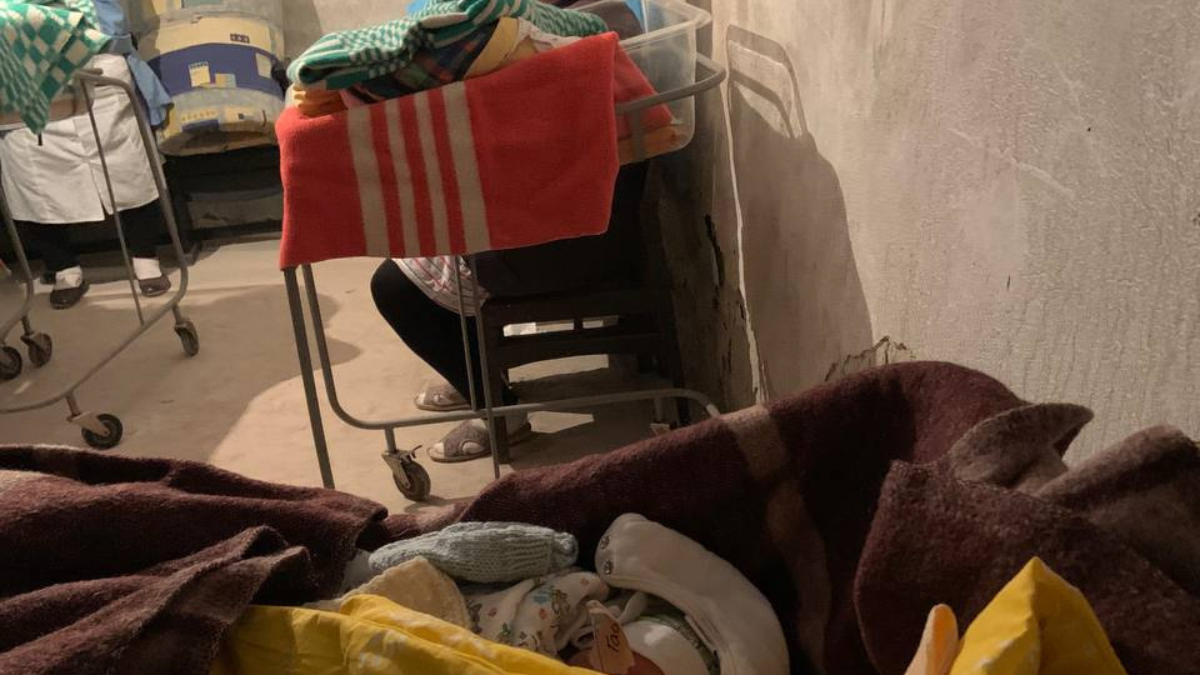
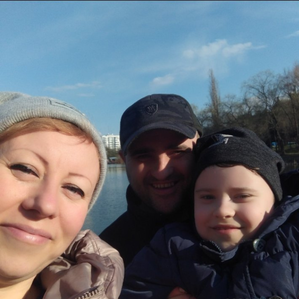
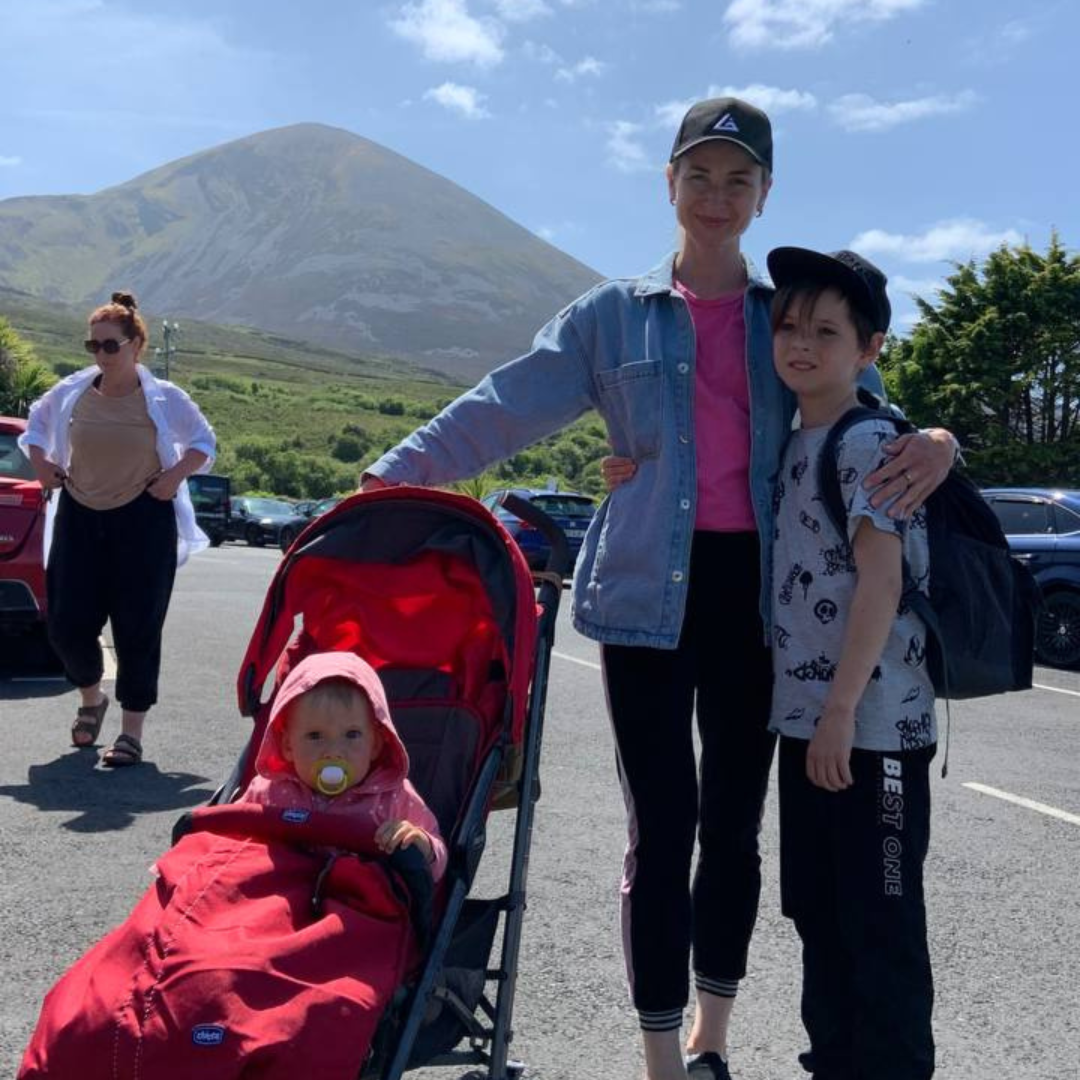
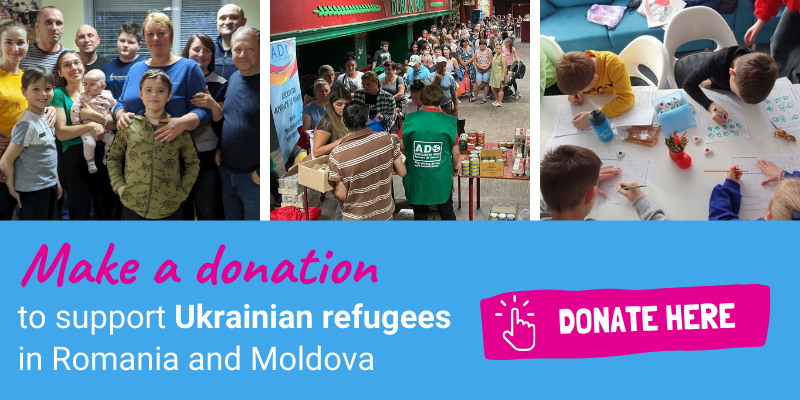
 Give monthly
Give monthly Fundraise for us
Fundraise for us RSS Feed
RSS Feed
